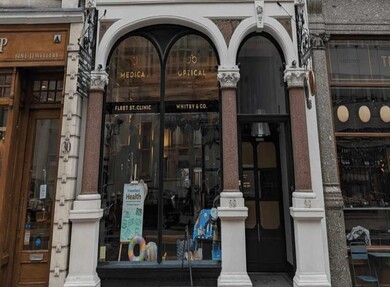|
Type 2 diabetes Type 2 diabetes is often diagnosed following blood or urine tests for something else. However, you should see a GP straight away if you have any symptoms of diabetes. To find out if you have type 2 diabetes, you usually have to go through the following steps:
What the GP will discuss with you during your appointment depends on the diagnosis and the treatment they recommend. Generally, they'll talk to you about:
ImportantThe GP will do their best to discuss the diagnosis with you, but this first appointment might only be 10 to 15 minutes. If you have questions about your diagnosis It's usually difficult to take in everything the GP tells you during the appointment. Talk to family and friends about what the GP told you, and write down any questions you have. Then make another GP appointment and take your list of questions with you. There's also a lot of information on diabetes available. What happens after the diagnosis Usually, the following things happen after your diagnosis:
A free education course for type 2 diabetes can help you manage your condition.  BestCareCompare | ||||||
| Find GP's near you.. Find local GP's and filter for personalised care. Check CQC ratings and review scores to help make the best choice for you... |
| Find Great Doctors... |
|
|
Doctors near London (See Full List) |


